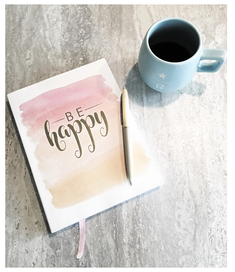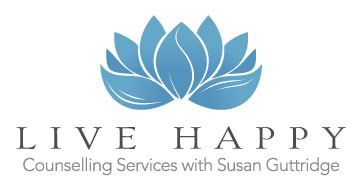|
One key way we build self-esteem is by accomplishing the goals we set for ourselves. Every accomplished goal trickles into our sense self: it feeds our personal integrity, that sense of trust we have in ourselves that we will do what we set out to do. Our proven ability, even though only proven to ourselves, contributes to feeling good about ourselves. But what happens when a negative core belief such as “I’m not good enough” has a stronghold over our thoughts? Negative core beliefs are false self-referencing beliefs, and they pack a pretty heavy punch. When a negative belief screams out in our brain, a powerful emotional response reverberates throughout our memory network and our body responds with much the same level of activation as when the negative belief was created – even though in the present moment we are safe. Experiences from childhood may have planted the seeds of the negative belief, and then additional life experiences may have strengthened them. Because these negative beliefs have been reinforced over and over again, they feel very true. “Negative beliefs come to create a perpetual filter through which we view ourselves and our world” (Parnell, 2007). Negative core beliefs feel true but they are not true. Because these beliefs are capable of infiltrating all of our daily activities, social interactions, and inner dialogue, we need an equally powerful method for countering them. Counselling is an excellent way to heal early wounds and develop coping strategies for the present. There are also techniques we can focus on between sessions to practice being present with new, positive belief systems.  Three Little Things: For this journaling activity, you are going to want to use a beautiful book: one that makes you smile when you look at. You won’t be journaling in the traditional style: this will be more of a ‘healing journal’, one that you are going to want to flip through often, to remind yourself of what you have written. Each evening before you get ready for bed, take 10 minutes to sit down and reflect on 3 things you did well that day. These are the little things that we often over-look, that there are no accolades for. When we take the time to notice, we develop compassion for our selves. We start to see the evidence that yes, we are human and we make mistakes, but also that we are also inherently good and worthwhile beings. If you find that you are having trouble getting started, try reflecting on the list of prompts below. Writing Prompts for Reflection:
For more strategies on journaling to build self-compassion (and a really good read…) check out Dr. Kristin Neff’s website: self-compassion.org. Resources: Parnell, L. (2007). A Therapist’s Guide to EMDR: Tools and Techniques for Successful Treatment. New York NY: W.W. Norton & Company.
0 Comments
Your comment will be posted after it is approved.
Leave a Reply. |
AuthorSusan Guttridge is a trauma-informed Master level Counsellor with the clinical designation of Canadian Certified Counsellor (CCPA). She has 20+ years experience providing individual and group therapy. Archives
January 2024
Categories
All
|

 RSS Feed
RSS Feed